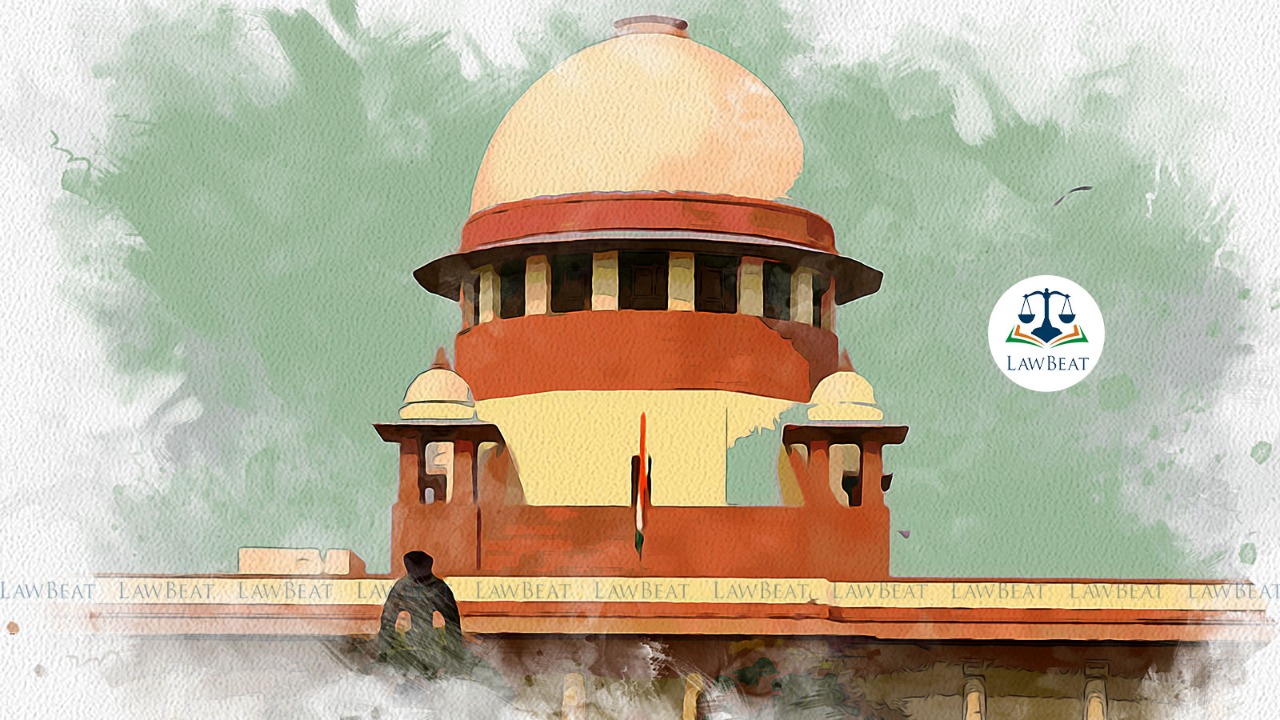Co-operative Movement both a theory of life and a system of business: Supreme Court sets aside Calcutta HC order

The Bench was of the opinion that "It is too much for the High Court to expect that all the members of the Appellant Society should on their own contribute and undertake the development of the new administrative building".
A Supreme Court Bench led by CJI U.U. Lalit, Justices S. Ravindra Bhatt and Justice J.B Pardiwala, while setting aside an impugned order of the Calcutta High Court, gave liberty to the Appellant Society to proceed further with its project of redevelopment. And further opined, "It is needless to clarify that the first priority should be given to demolish the entire building as the same is in a dilapidated condition".
In the pertinent matter the appellant Society preferred an appeal, challenging the High Court's impugned order. It was stipulated the Appellant Society was registered in the year 1945 (now governed by the West Bengal Co-operative Societies Act, 2006 as amended up to date, [for short, ‘the Act 2006’]). And since the structure was almost 100 years old, it was in a dilapidated condition and requires urgent repairs and renovations. The Society thought it to be more expedient to demolish the old structure and construct a new building in its place which would be safe for habitation and would allow for more efficient utilisation of the available space/land area.
Therefore, the project was handed to the successful bidder, Hi-Rise Apartment Makers Private Limited, post the tender process. It was agreed between the Appellant Society and the Hi-Rise that the new structure would be partly residential and partly for commercial purpose. But it was alleged that the respondent no. 1 then started creating various hindrances in the way of the Appellant Society somehow or the other. Also that he did not allow the Appellant Society to go ahead with the project. It was further alleged that the respondent was acting in a manner prejudicial to the interest of the Appellant Society, and therefore the Society decided to remove him from primary membership of the society.
This was subsequently challenged by Respodent no. 1. After a long chain of litigation, the High Court decided in favour of the Respondent. Which was now challenged before the Supreme Court.
The impugned order of the High Court, had opined,
(1) Neither the Act nor the Rules permits the society to ask a third party to develop its building, more particularly when the party has a commercial interest in the same, and;
(2)The members on their own should have undertaken the commercial activity and that would have been in accordance with the co-operative spirit.
The Bench after looking at the facts and circumstances, thus opined, "the High Court is not correct in saying that the Appellant Society could not have entered into an agreement with a third party developer as the Act or the Rules do not provide for the same. It is too much for the High Court to expect that all the members of the Appellant Society should on their own contribute and undertake the development of the new administrative building".
Court noted that the amount required for the project was 20 crore, and the respondent wanted the members of the appellant Society to contribute in the said amount and undertake the construction rather than involving a developer and making it a business venture. "It is just next to impossible", Court remarked.
It further said that "the object of the provision has to be borne in mind. The entire legislative scheme goes to show that the Co-operative Society is to function democratically and the internal democracy of a society, including resolutions passed in accordance with the Act, the Rules, and the bye-laws have to be respected and implemented. The Co-operative Movement is both a theory of life and a system of business. It is a form of voluntary association where individuals unite for mutual aid in the production and distribution of wealth upon principles of equity, reason and common good".
In the background of the constitutional mandate, the question is not what the statute does say but what the statute must say. If the Act or the Rules or the bye-laws do not say what they should say in terms of the Constitution, it is the duty of the Court to read the constitutional spirit and concept into the Acts, Court added.
Further the Court was of the opinion that the decision of the Society to redevelop the administrative building was never disputed, and that the General Body had resolved to appoint the Hi-Rise as the developer where the terms of the agreement were approved by overwhelming majority. Court thus noted, "...Merely because the terms and conditions of the development agreement are not acceptable to the Respondent No. 1, who could be said to be in minuscule minority cannot be the basis of not to abide by the decision of the overwhelming majority of the General Body of the Appellant Society".
Case Title: The Bengal Secretariat Cooperative Land Mortgage Bank and Housing Society Ltd. vs Aloke Kumar and others
